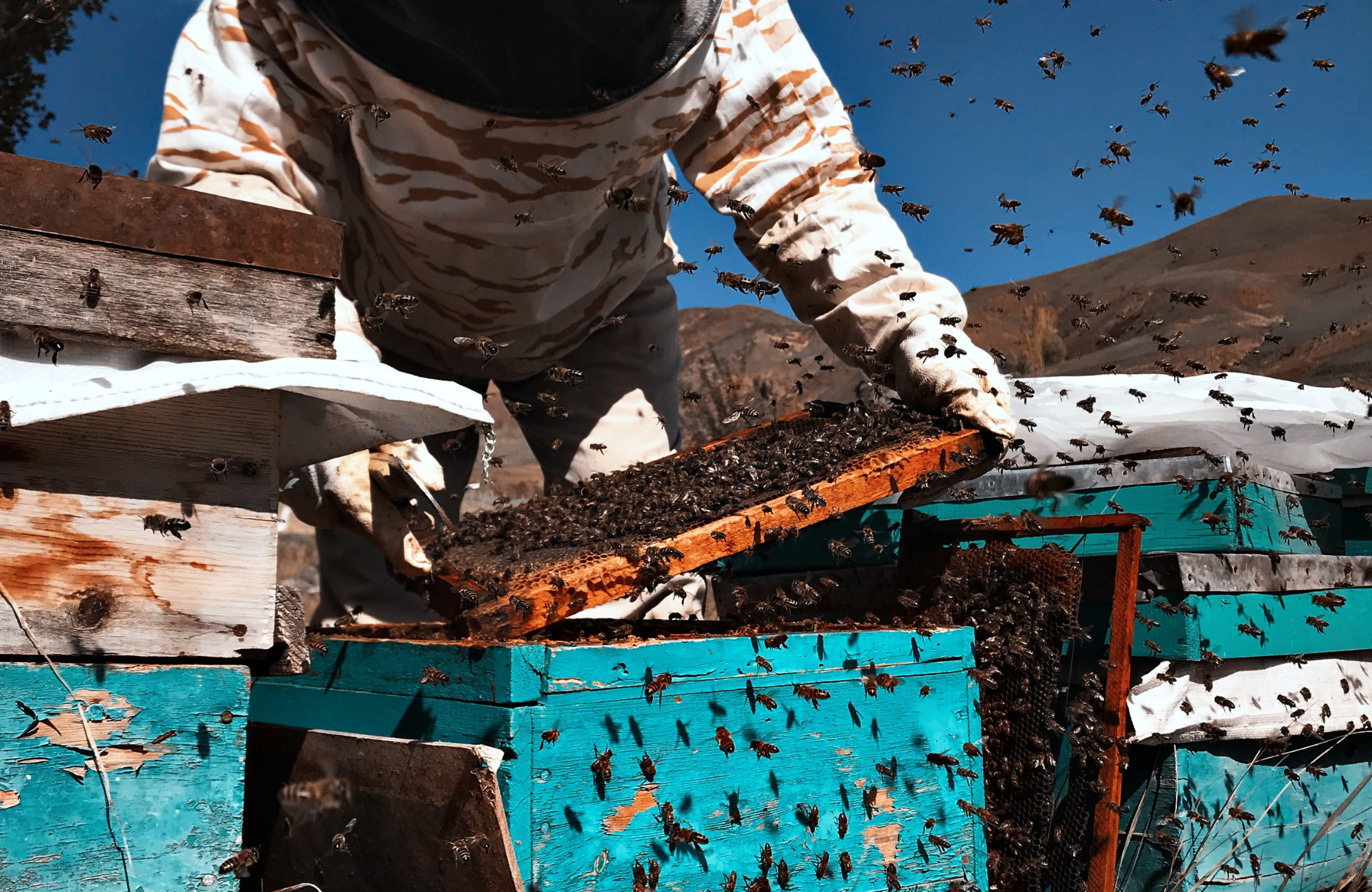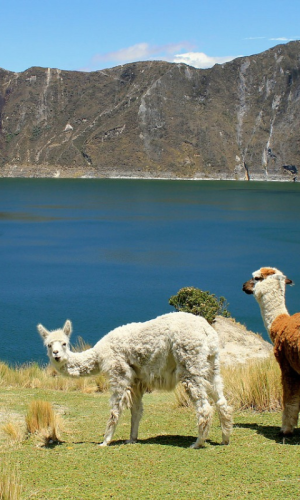The desire for finding eco-friendly alternatives to our everyday practices is not just a fad….. It is a value that is here to stay. So how can such a value be incorporated into travel?
Between all those long-haul plane rides and the heaps of on-the-go fastfood that you’ve become accustomed to eating on the road, you wouldn’t expect that travel could actually HELP the planet now, would you? We want to break that illusion that travel is a negative impact on the environment and tell you how exactly travel/tourism can help make this world a better place to live in.
1. Tourism can help the Economy of Countries in Need
Travel helps to spread wealth around the world. It aids to reduce the gap between the wealthy and poor by contributing to an industry which plays a significant role in the economy many countries worldwide. With a better economic standing, such countries can invest more funding towards the promotion and implementation of sustainable living.

2. Travel raises awareness
It is through travel that unethical practices are often unveiled and exposed. Travel forces you to learn about the environmental issues facing the areas you are traveling to – as well as the social, political, and economic issues as well. The more awareness that is spread, the more help their is to target the problem areas and work towards making a positive change
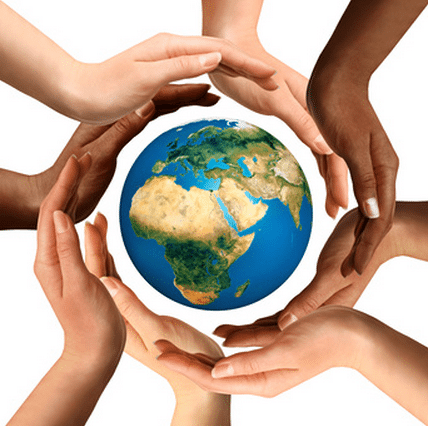
3. Travel promotes outdoor activity
Travel teaches you to appreciate the outdoors. Hiking to the top of a mountain to catch a breathtaking view, Biking along the riverside to feel the refreshing clean air, Whitewater rafting through some horrendous rapids to feel the exhilaration and adrenaline rush….. It is all part of traveling. Not only does travel promote physical activity, but it gets you outside and appreciating the beauty our planet has to offer. Even if it is so much as a walking around the downtown core of a city, travel encourages you to spend your time outdoors and actively.
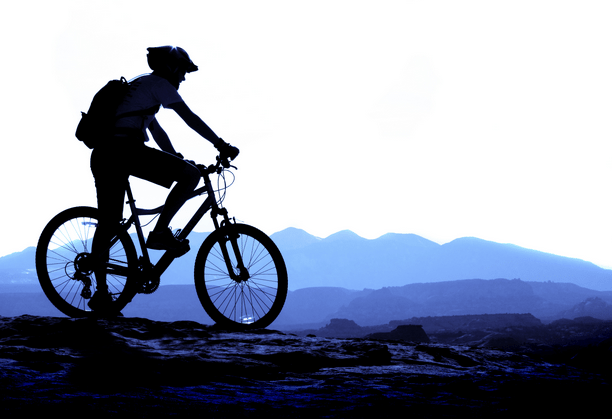
4. Travel encourages new ways of thinking.
Travel introduces you to new perspectives. It teaches you that life can be lived in many different ways, and opinions can be formed based on many different values. Travel forces you to analyze alternatives and look at life through a different lens than you are otherwise used to. It encourages you consider all possible alternatives, instead of simply taking the most obvious option which is placed in front of you. After returning from recent travels, these new perspectives stay with you.
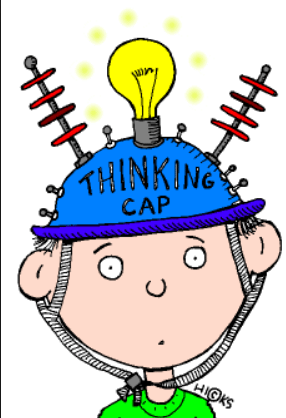
For example, to get to work you could:
a) walk
b) bike
c) bus
d) drive
When before you might have drove for it being the best fastest possible route, after traveling you may choose a different option. Travel encourages you to take different considerations into play, such as the landmarks you could appreciate along the way if you walked or biked, or the new people you could meet if you took the opportunity to take the bus.
5. Travel promotes volunteer activity
People are often willing to roll up their sleeves and help out around the world. There are different reasons why they may want to do this, whether it is to support a cause or to learn about a new culture, or both – it is always a positive addition to the global community when people are helping out cross-nationally.
What does this have to do with sustainable development?
Much of this volunteer work is directly related to environmental causes aiming to make the world a better place.
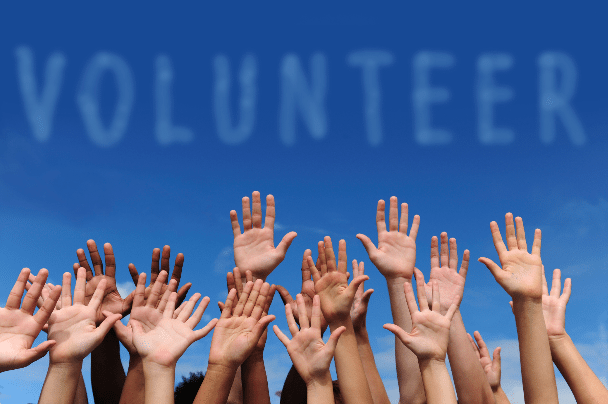
6. Travel = Eating Local
Yes, yes we DID mention fast-foods earlier…but this does get cancelled out. How? Because what is the first thing we want to do when we get to a new country?
Come on this one is easy.
You want to try the food!
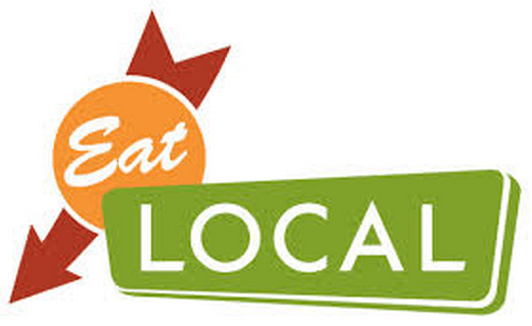
We could continue on about other ways in which travel is actually GOOD for the planet…but instead we want to hear from you! What do you think? Share our article and tag us in the post with your opinion! Help us break the stigma that travel and tourism is a negative factor working against environmental sustainability!
We do way more research when we are traveling and in turn, we do things a lot differently than we would at home. What do you do differently? What do you do the same? We want to hear it all.
